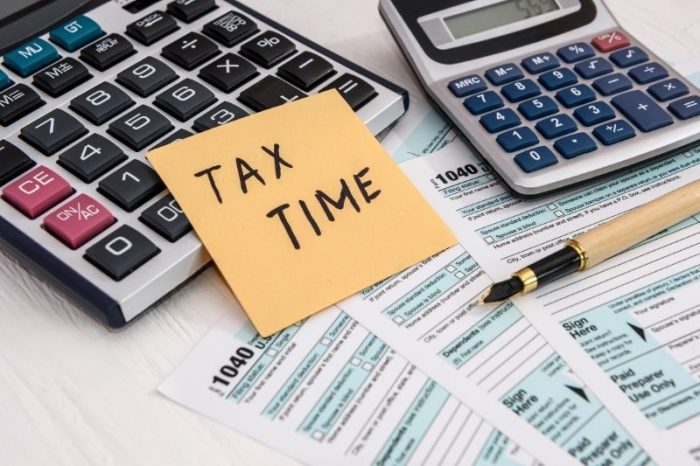Filing a tax return can be an irritating and time-consuming task. Given that, why should anyone (especially seniors) file a return when they are not legally required to do so? There may be several good reasons.
No one who does not have taxable income is legally required to file a tax return. From the tax collector’s point of view, the purpose of tax filing is to collect revenue. However, like Social Security numbers, the tax return has turned into a valuable credential in some circumstances. Qualifying for some senior-centered programs like Section 8 Housing or Senior Exemptions on real estate taxes may require producing this document. Applying for a bank loan, refinancing an existing mortgage or taking out a new one, and numerous other financial transactions may require a tax return.
In the past year, the economic stimulus payments associated with the Covid-19 pandemic have been processed through the Internal Revenue Service. The IRS uses the most current data available to it, but if a senior has not filed a tax return for some time, correct addresses or bank routing data may be missing. This missing information has caused thousands of eligible stimulus recipients, including many seniors, to miss the payments.
Millions of seniors continue to work in full or part-time employment. If the 2020 income from those jobs is less than the standard deduction ($14,050 for singles 65+ and $27,400 for married couples both 65+), no tax return is legally required. However, if an employer withheld federal income taxes from your paycheck, or if taxes were withheld from other sources of income, you are entitled to a refund. Filing a tax return is necessary to receive that money. The IRS will not issue a payment unless it is claimed on a tax return filing. Your tax status may also be affected by other income such as interest earned, dividends paid, etc. Filling out a Form 1040 Tax Return is the safe way to be certain about this.
Withholding is not the only way you might already have paid taxes. If you were self-employed or worked as a contract worker, you may have made estimated tax payments. Any estimated taxes paid on income below the standard deduction amount may be refunded to you, but only if you file a return. Again, the IRS will not make these determinations on its own; the individual or couple must file to get the refund.
The federal tax return, Form 1040 or one of its variations, is something of a “gold standard” for verifying qualifications for programs ranging from private lending to exemptions from real estate taxes. This may be especially important for seniors in the state of Florida, because of the many senior-friendly features of Florida law. It can affect a senior’s real estate taxes, eligibility for housing benefits and other income-dependent programs. However, the time and effort required to complete the standard Form 1040 has discouraged many seniors from doing so. Starting with tax year 2020, this has changed.
Federal law now provides for a Form 1040 tax return designed specifically to meet the needs of seniors. This new form is called the 1040-SR, and it is similar to the standard 1040 with some senior-friendly differences. To be eligible, a taxpayer must be 65 or older; for married couples filing a joint return, only one spouse needs to be 65+. The printed version font is larger, and the 1040-SR includes charts for helping seniors to determine the additional amount of the standard deduction they are allowed.
In the past, the nature of many retirement incomes forced many seniors to file the more complicated Form 1040. The old Form 1040-EZ was intended to make the process easier, but this form limited overall income and, specifically, interest income to $1,500 annually. Because of this limitation, many seniors could not use the EZ Form. Form 1040-EZ disappeared in 2018 and even seniors who met the 1040-EZ income requirements no longer had that option.
The new 1040-SR does not put a limit on interest, dividends, or capital gains, and it does not cap overall income. Taxpayers born before January 2, 1956, can use this form. They do not need to be retired to qualify, and only one spouse must meet the age requirement if they are married, filing jointly. The new Form 1040-SR was advocated and worked for by organizations like the AARP. It accommodates some typical items for seniors, such as Social Security benefits, pension benefits and IRA withdrawals.
Seniors who feel that they need help in filling out tax forms can reach out to our Approved Vendor, Brett Porter, E.A at 386-210-7229 and tell them OurSeniors.net sent you! You can also check his profile out here.

